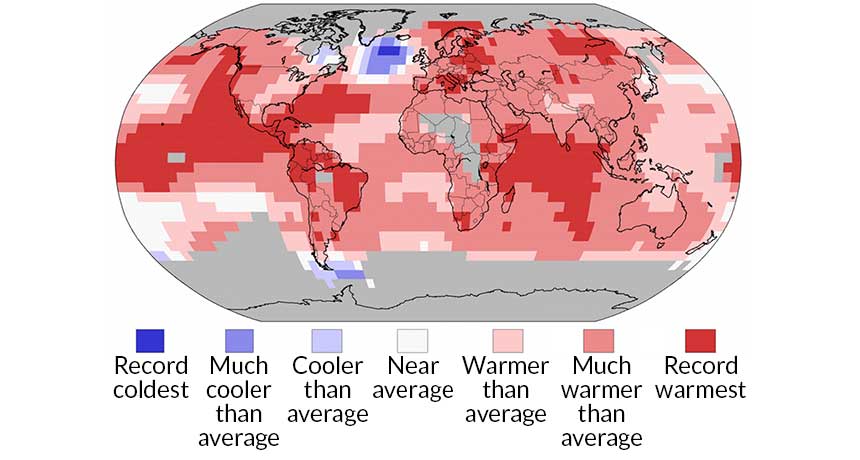atmosphere The envelope of gases surrounding Earth or another planet.
carbon The chemical element having the atomic number 6. It is the physical basis of all life on Earth. Carbon exists freely as graphite and diamond. It is an important part of coal, limestone and petroleum, and is capable of self-bonding, chemically, to form an enormous number of chemically, biologically and commercially important molecules.
carbon dioxide (or CO2) A colorless, odorless gas produced by all animals when the oxygen they inhale reacts with the carbon-rich foods that they’ve eaten. Carbon dioxide also is released when organic matter (including fossil fuels like oil or gas) is burned. Carbon dioxide acts as a greenhouse gas, trapping heat in Earth’s atmosphere. Plants convert carbon dioxide into oxygen during photosynthesis, the process they use to make their own food.
climate The weather conditions prevailing in an area in general or over a long period.
colleague Someone who works with another; a co-worker or team member.
global warming The gradual increase in the overall temperature of Earth’s atmosphere due to the greenhouse effect. This effect is caused by increased levels of carbon dioxide, chlorofluorocarbons and other gases in the air, many of them released by human activity.
greenhouse A light-filled structure, often with windows serving as walls and ceiling materials, in which plants are grown. It provides a controlled environment in which set amounts of water, humidity and nutrients can be applied — and pests can be prevented entry.
greenhouse gas A gas that contributes to the greenhouse effect by absorbing heat. Carbon dioxide is one example of a greenhouse gas.
simulation A model, often made using a computer, of some conditions, functions or appearance of a physical system. A computer program does this by using mathematical operations that can describe the system and how it might vary in response to various situations or over time.
society An integrated group of people or animals that generally cooperate and support one another for the greater good of them all.







